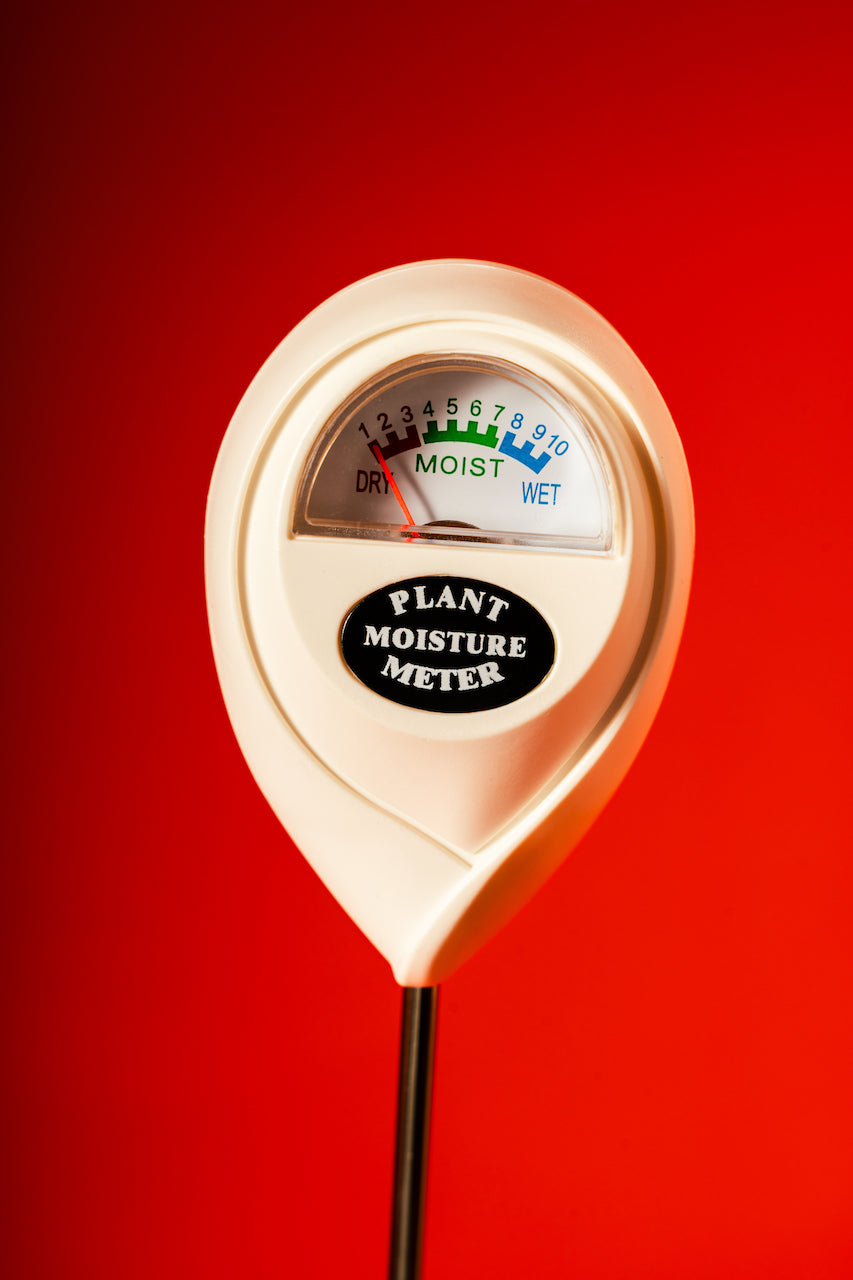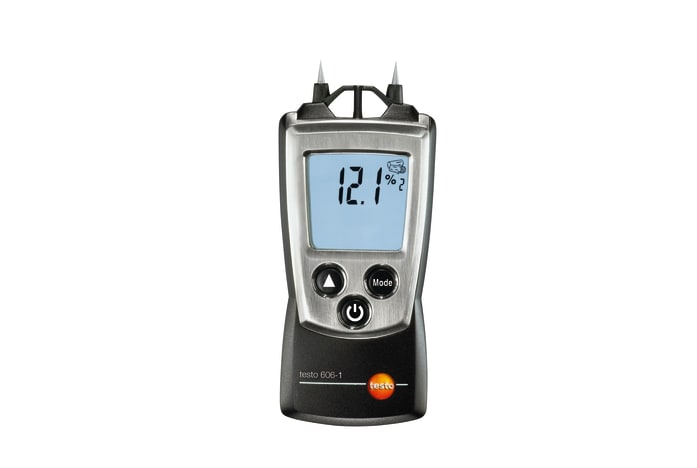The Ultimate Overview to Dampness Meters: A Comprehensive Introduction and How They Can Conserve You Money
In the realm of building maintenance, building, and numerous industries, the relevance of precisely determining dampness degrees can not be overstated. Dampness meters function as essential tools in spotting and keeping an eye on moisture web content in materials, aiding in protecting against pricey damages and making certain the high quality of products. Comprehending the nuances of various kinds of dampness meters, their applications, and the prospective cost-saving benefits they provide can be a game-changer for specialists and services alike. Discovering exactly how these devices can not just streamline procedures but likewise add to monetary cost savings is a journey worth starting.
Sorts Of Wetness Meters
Different sorts of wetness meters are readily available for different applications in various industries. One typical kind is the pin-type dampness meter, which gauges the electrical resistance between two pins placed right into a product. This kind appropriates for wood, drywall, and other building materials. Pinless dampness meters, on the various other hand, use electromagnetic sensor plates to scan a larger area without triggering damages to the product's surface area. Moisture Meter. These meters are ideal for rapidly evaluating wetness degrees in large areas such as floors and walls.

Moreover, there are likewise specialized moisture meters designed for specific products like grain, dirt, or hay. These meters offer accurate dampness readings customized to the special properties of the product being checked. Infrared moisture meters determine the thermal homes of a material to establish its wetness content non-invasively, making them helpful for applications where pin or pinless meters might not appropriate. Understanding the various kinds of dampness meters offered can aid markets pick one of the most proper tool for their certain moisture dimension requirements.

Advantages of Making Use Of Wetness Meters
Moisture meters offer important advantages in accurately monitoring and assessing dampness degrees in diverse materials and environments. One of the primary advantages of making use of dampness meters is the prevention of potential damage created by excess dampness.
Moreover, utilizing moisture meters can lead to raised power effectiveness. By determining areas with high moisture levels, such as leaks or poor insulation, adjustments can be made to improve power preservation and lower energy expenses. In agricultural setups, moisture meters play an essential duty in maximizing crop yields by making it possible for farmers to check soil moisture degrees and make notified irrigation choices. Generally, the benefits of making use of wetness meters cover throughout numerous industries, giving cost-efficient services and advertising much better quality control techniques.
Just How to Choose the Right Wetness Meter
When choosing a wetness meter, it's necessary to make sure that the meter is suitable for the certain product you will certainly be testing. Different materials have varying electric residential or commercial properties that can impact wetness analyses, so selecting a meter designed for your material is critical for precise results. By very carefully evaluating these aspects, you can pick a moisture meter that fulfills your demands and supplies exact wetness dimensions for your projects.
Proper Methods for Moisture Meter Use

Price Cost Savings With Wetness Meter Applications
Just how can the strategic application of moisture meters result in considerable cost savings across different markets? navigate to this website Dampness meters play an important duty in price financial savings by preventing potential damages and making certain quality assurance in various fields. In the farming industry, moisture meters help in figuring out the optimum time for collecting plants, stopping over-drying or excess moisture that can influence the last product's quality. This precise surveillance assists farmers avoid unneeded losses and optimize their yield.
Similarly, in building and construction, moisture meters aid avoid pricey problems by discovering moisture levels in building products, such as wood or concrete, which can lead to architectural problems if not attended to quickly. By recognizing issue locations early on, service providers can take restorative measures to stay clear of substantial repairs or substitutes, inevitably conserving time and money.
In addition, in the food processing sector, wetness meters are vital for monitoring product top quality and ensuring compliance with safety regulations. By precisely gauging dampness content in foodstuff, suppliers can stop putridity, maintain quality, and decrease waste, causing considerable price savings. Generally, the strategic application of dampness meters is a beneficial financial investment that can lead to substantial cost decreases and improved effectiveness throughout numerous industries.
Conclusion
In conclusion, wetness meters are valuable tools for spotting and determining wetness degrees in numerous products. By utilizing the ideal dampness meter and following appropriate techniques, users can successfully protect against costly damages triggered by excess wetness. Buying a top quality dampness meter can lead to significant cost savings in the lengthy run by determining possible concerns early on and enabling timely remediation. Eventually, wetness meters are crucial instruments for keeping the integrity and durability of structures and materials.
Dampness meters serve as crucial tools in detecting and monitoring moisture material in products, aiding in protecting against expensive problems and guaranteeing the top quality of products. Infrared wetness meters measure the thermal residential or commercial properties of a product to determine its dampness content non-invasively, making them valuable for applications where pin or pinless meters may not be suitable.Wetness meters supply vital advantages in properly keeping an eye on and evaluating dampness degrees in this content diverse materials and environments. In farming settings, wetness meters play an essential duty in optimizing crop returns by allowing farmers to check soil moisture levels and make notified watering choices.In conclusion, wetness meters are blog here useful devices for measuring and finding dampness degrees in numerous materials.